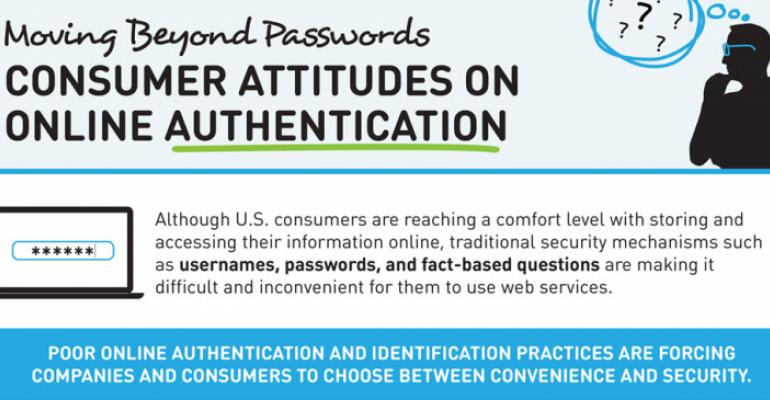One of the biggest security concerns, and toughest (almost impossible) to resolve, is the end-user or IT consumer. The resolution has always been better education. With more and more companies moving IT services to the Cloud and out of the hands of the company technology groups, who will educate the users? Over the years, new solutions industries have popped up suggesting fixes to the end-user security problem through new technology. This has never worked. Unless the end-user understands (again, education) the risks of poor security any technology will fail. We have locks on our houses, but if you fail (or forget) to enable security before you walk away, anyone can walk up, open the door, and freely take whatever is inside.
How many of you actually run a coded lock screen on your mobile device? With the BYOD industry breathing down our necks thanks, in part, to the Gartner Group, not having a coded lock screen is a horrible security failure. Yet, the majority of mobile workers don't secure their devices properly because it's inconvenient.
That's why this Infographic is so interesting. The Ponemon Institute has worked up a report showing the behavior of online consumers when it comes to passwords – the most simple security measure. It splits the data out into consumers versus companies and shows what IT has known for years – the end-user password is still the biggest threat to security because it's inconvenient to follow logical, instructed methods for creating and managing secure passwords.
Further down in the Infographic we see that, once again, technology is being touted as the solution, including implanting a computer chip in the body somewhere. Fortunately, only 1% of respondents thought a chip implant is OK. Whew!

Sponsored By: Nok Nok Labs





